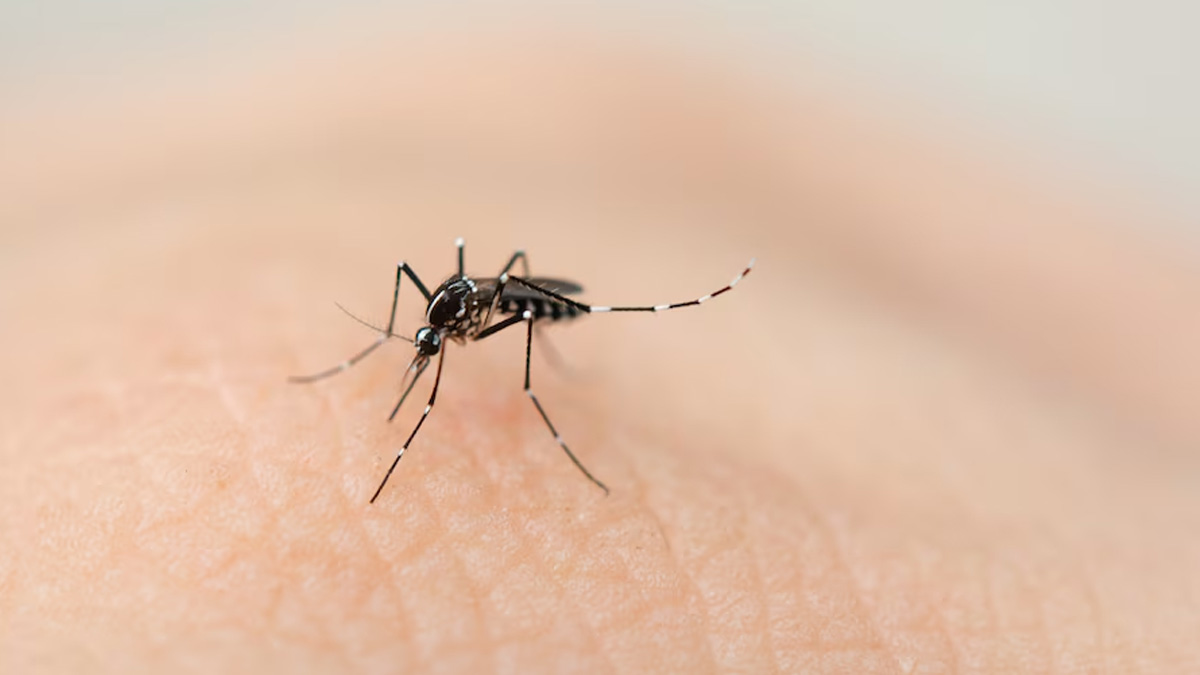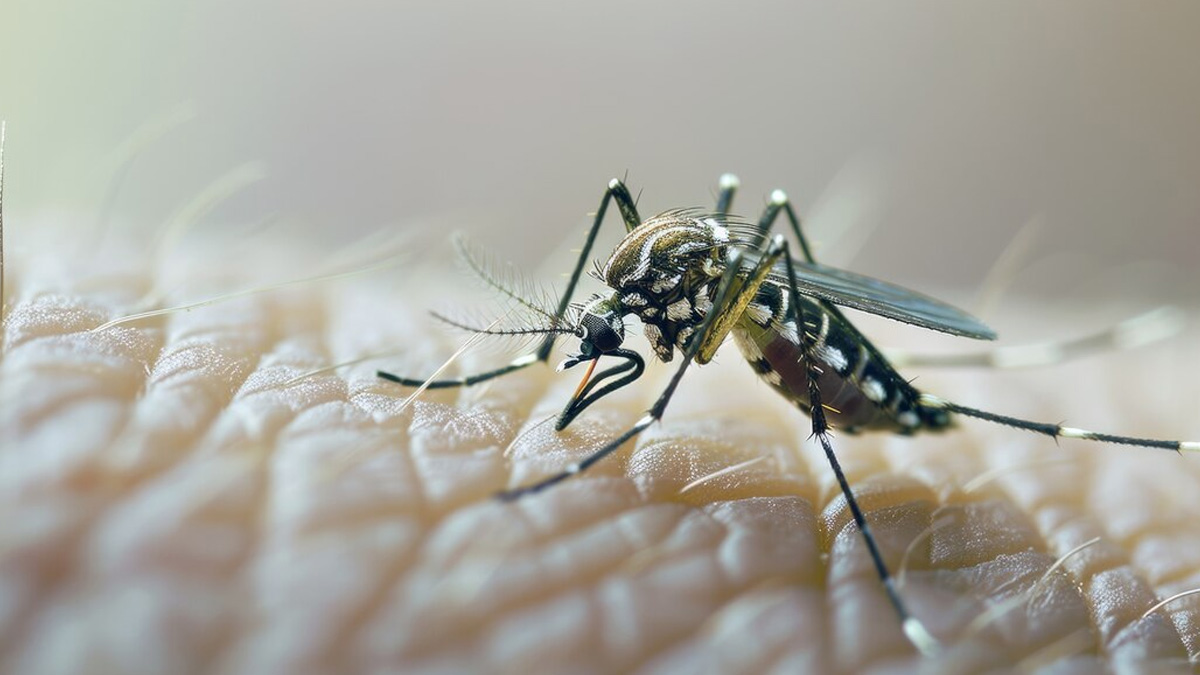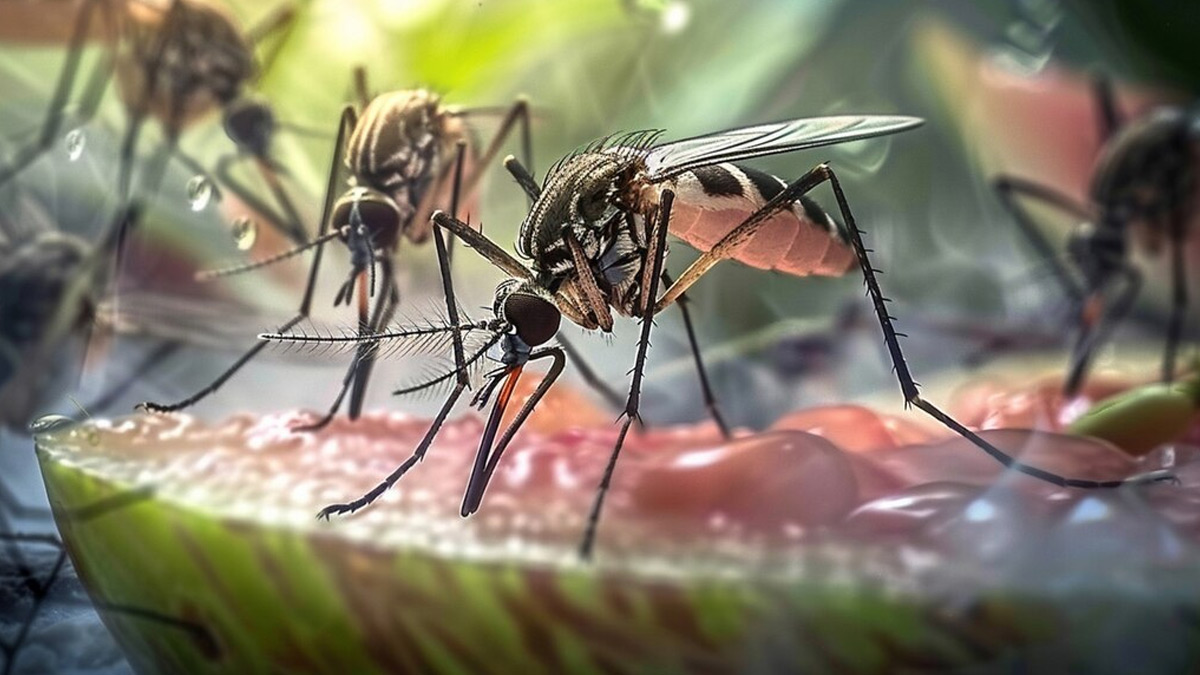
Mosquito-borne illnesses are most common during the monsoon, as this season provides the most favourable conditions for mosquito breeding.
Many Indian states are reporting a surge in dengue cases, with Karnataka nearing the 10,000 mark, as per the health department's bulletin. As per data shared by Practo with the OnlyMyHealth team, in Bengaluru, dengue searches have skyrocketed by a staggering 590% since April, reflecting growing concern as the rains arrive. This trend is further amplified by a recent jump of 83% in dengue inquiries between June and early July, followed by another significant increase of 48% in the past two weeks. These statistics paint a clear picture of a rapidly evolving situation, highlighting the need for Bangalore residents to be extra vigilant and take precautions against dengue fever.
Table of Content:-
As is known, mosquitoes thrive in stagnant water found in containers, puddles, ponds, and other water-holding objects, where female mosquitoes lay their eggs, which hatch into larvae and pupae, eventually emerging as adult mosquitoes, explained Dr Akanksha Saxena, General Physician, Consult on Practo, in an interaction with the OnlyMyHealth team. As these mosquitoes breed and multiply, the increased population increases the risk of mosquito bites, which can in turn transmit various mosquito-borne illnesses.
Also Read: Dengue Prevention During Monsoon: Essential Tips For Staying Safe
Common Mosquito-Borne Illnesses To Watch Out For

Listing some of the most common mosquito-borne illnesses, Dr Saxena shared:
Dengue fever
A viral infection causes symptoms like high fever, severe headache, muscle and joint pain, and rash. Particularly prevalent in India during the monsoon, dengue fever can lead to severe complications like dengue haemorrhagic fever.
Malaria
Malaria is a parasitic disease transmitted by Anopheles mosquitoes, causing symptoms like fever, chills, and flu-like illness. If left untreated, malaria can be fatal.
Chikungunya
Known for causing debilitating joint pain, this illness is also common in tropical and subtropical regions.
Zika virus
While often mild, Zika can have serious implications for pregnant women as it can lead to birth defects like microcephaly.
Yellow fever
Though not as widespread, yellow fever is still a significant concern in areas where the disease is endemic.
Ways To Reduce Mosquito Breeding

According to Dr Saxena, the best way to reduce or prevent mosquito breeding is by eliminating standing water by regularly emptying and cleaning containers like flowerpots, birdbaths, and buckets.
“In places where water cannot be drained, adding oil to the surface can prevent mosquito larvae from surviving,” she said, adding that maintaining lawns and gardens by keeping them well-trimmed and free of moist, shady areas can also help deter mosquitoes.
Adding further, she recommended planting repellent plants like marigold, basil, and lemongrass and ensuring that the windows and doors are properly screened. Moreover, using mosquito nets while sleeping is another crucial step in reducing mosquito breeding and preventing mosquito-borne diseases.
Other Factors That Increase Risk Of Mosquito-Borne Diseases

Apart from stagnant water, there are other factors that increase the risk and spread of mosquito-borne illnesses. These include:
- Activities during dawn and dusk increase as these increase exposure to mosquito bites.
- Poor housing conditions include inadequate window screens and a lack of mosquito nets.
- Not using mosquito repellents, wearing protective clothing, or neglecting mosquito control measures heightens the risk.
In contrast, here are some ways you can protect yourself from mosquito bites and related mosquito-related illnesses:
- Apply repellents containing picaridin or DEET.
- Opt for loose-fitting, full-sleeved shirts and pants.
- Wear light-coloured clothing, as it is less attractive to mosquitoes.
- Apply coconut oil with camphor or aromatic essential oils like lavender, tea tree oil, and eucalyptus.
- Avoid outdoor activities during dawn and dusk, when mosquitoes are most active.
- Consume immunity-boosting foods such as papaya, kiwi, citrus fruits, garlic, ginger, and turmeric.
Conclusion
The rainy season makes for favourable conditions for mosquitoes to breed, increasing the risk of mosquito-borne illnesses such as dengue, malaria, and chikungunya. Therefore, during this time, it is crucial to eliminate stagnant water, use mosquito repellents, and ensure proper sanitation. Mosquito breeding can increase the chances of mosquito-related illnesses; therefore, make sure you do not allow water to collect where mosquito breeding can take place. Remember, taking proactive steps not only protects your health but also contributes to the overall well-being of the community.
Also watch this video
How we keep this article up to date:
We work with experts and keep a close eye on the latest in health and wellness. Whenever there is a new research or helpful information, we update our articles with accurate and useful advice.
Current Version